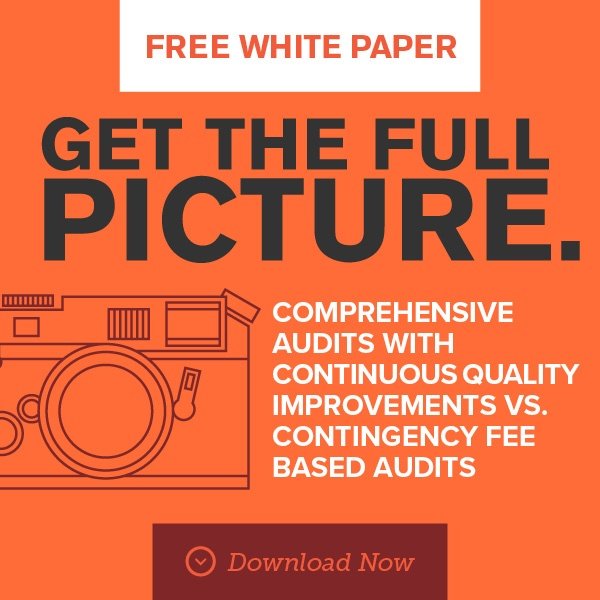 Once a company chooses to become self-funded, medical costs quickly become one of the biggest expenses to its bottom-line. Considering this large spend, and the fact that most employers with self-funded plans use external entities like third party administrators (TPA) to handle their benefits, it’s extremely important for organizations to know that the TPA they choose is working with their best interest in mind.
Once a company chooses to become self-funded, medical costs quickly become one of the biggest expenses to its bottom-line. Considering this large spend, and the fact that most employers with self-funded plans use external entities like third party administrators (TPA) to handle their benefits, it’s extremely important for organizations to know that the TPA they choose is working with their best interest in mind.
I’m Self-Funded. Now, what?
First, you should know that the healthcare plan performance analytics and reports that you’ll receive from TPAs are generally self-reported. Of course, these self-reported numbers aren’t the most objective when it comes to the plan’s management. Even if companies are satisfied with the results, there could be plenty of money still being left on the table. Having something in place as a mechanism to ensure the plan’s administration is being handled efficiently is an important safeguard for any successful organization’s budget. Remember...every dollar your company spends on healthcare is now coming directly out of your pocket. Is your TPA dispensing your dollars in the way you agreed upon in your contract with them?
An independent claim audit is truly one of those safeguards. By implementing regularly occurring comprehensive audits you not only keep tabs on your plan’s performance, but you also place the administrator on notice that you plan on holding everyone accountable, including them. By measuring audit results against industry benchmarks, you are able to measure the administrator’s claims payments for both accuracy and efficiency. You chose to become a self-funded plan for a reason. An audit will make sure your administrator is NOT simply applying their off-the-shelf standard business processes used for fully-insured plans to your customized agreement.
It’s important to note, however, that all audits are not created equal. CTI’s comprehensive audits lay out processes for continuous quality improvement whereas some healthcare claim audits do not. Why improve your processes if you cannot sustain the improvements? By focusing on continuous quality improvement, employers can achieve a superior return on investment versus most other audit approaches, especially when leveraged against thousands or millions of dollars of claims expense.
With the expense of self-funded healthcare claims constituting the biggest costs of an employee healthcare benefit plan, it’s imperative that companies and organizations confirm that their TPA is operating as contracted. Being forward-thinking by taking part in recurring claim audits can only help employers know that they are getting the most from their employees healthcare spending... and, for their employees’ well-being.




